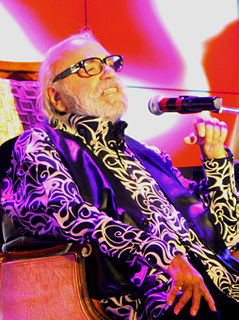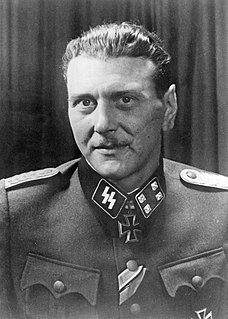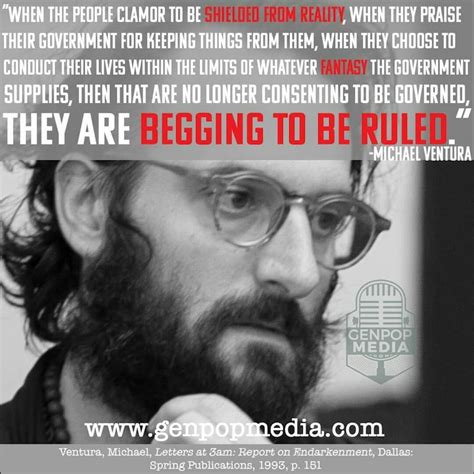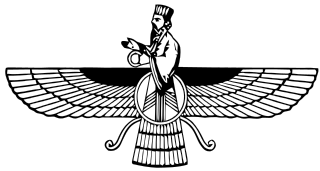A Quote by Napoleon Bonaparte
You must not fight too often with one enemy, or you will teach him all your art of war.
Related Quotes
An enemy, Ender Wiggin," whispered the old man. "I am your enemy, the first one you've ever had who was smarter than you. There is no teacher but the enemy. No one but the enemy will tell you what the enemy is going to do. No one but the enemy will ever teach you how to destroy and conquer. Only the enemy shows you where you are weak. Only the enemy tells you where he is strong. And the rules of the game are what you can do to him and what you can stop him from doing to you. I am your enemy from now on. From now on I am your teacher.
You must never call your enemy by a name you choose for him." “Instead you must call him by the name he calls himself. What he chooses will reflect his pride; it will reveal his desires. But what you choose to call him will reveal your fears, which should be kept to yourself, lest your enemy find the way to exploit them.
Whoever is the first in the field and awaits the coming of the enemy will be fresh for the fight... Therefore the clever combatant imposes his will on the enemy... By holding out advantages to him, he can cause the enemy to approach of his own accord; or by inflicting damage, he can make it impossible for the enemy to draw near.
The primary thing when you take a sword in your hands is your intention to cut the enemy, whatever the means. Whenever you parry, hit, spring, strike or touch the enemy's cutting sword, you must cut the enemy in the same movement. It is essential to attain this. If you think only of hitting, springing, striking or touching the enemy, you will not be able actually to cut him.
War means fighting. The business of the soldier is to fight. Armies are not called out to dig trenches, to throw up breastworks, to live in camps, but to find the enemy and strike him; to invade his country, and do him all possible damage in the shortest possible time. This will involve great destruction of life and property while it lasts; but such a war will of necessity be of brief continuance, and so would be an economy of life and property in the end.
Do not be too quick to assume your enemy is a savage just because he is your enemy. Perhaps he is your enemy because he thinks you are a savage. Or perhaps he is afraid of you because he feels that you are afraid of him. And perhaps if he believed you are capable of loving him he would no longer be your enemy.
General Napoleon says that 'Never interrupt your enemy when he is making a mistake.' Well, I suggest doing the opposite: Interrupt your enemy when he is making a mistake. Don't be opportunist; don't benefit from the weakness of your enemy! Be just even to your enemy! Try to find a way to defeat him without harming him; prove to be as intelligent as to find such a way! Only then, your victory will be meaningful and honourable!
Kind-hearted people might of course think there was some ingenious way to disarm or defeat an enemy without too much bloodshed, and might imagine this is the true goal of the art of war. Pleasant as it sounds; it is a fallacy that must be exposed: War is such a dangerous business that the mistakes which come from kindness are the very worst.
Once committed to fight, cut. Everything else is secondary. Cut. That is your duty, your purpose, your hunger. There is no rule more important, no commitment that overrides that one. Cut. Cut from the void, not from bewilderment. Cut the enemy as quickly and directly as possible. Cut decisively, resolutely. Cut into the enemy’s strength. Flow through the gaps in his guard. Cut him. Cut him down utterly. Don’t allow him a breath. Crush him. Cut him without mercy to the depths of his spirit." -Richard Rahl











































